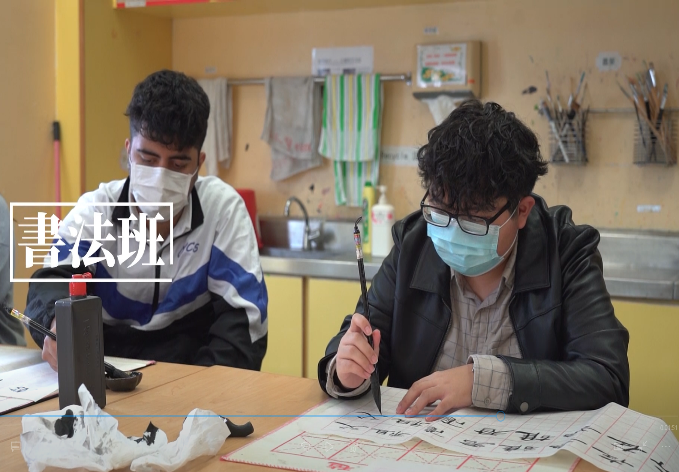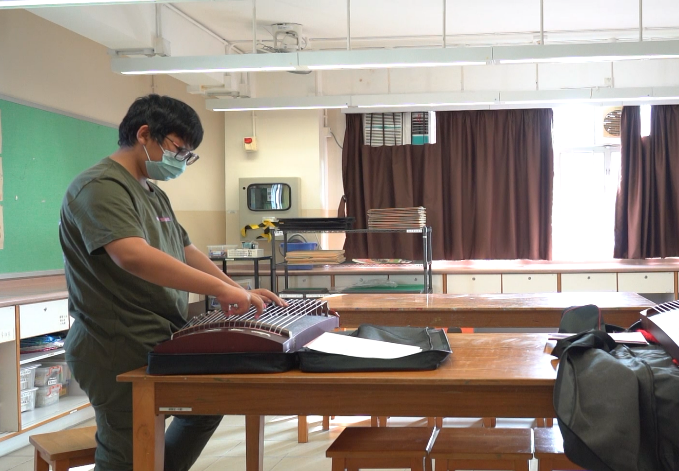About Us
- Philosophy
- History
- General Information
- School Report & Plan
- Positive Education
- School-based Curriculum
- Experiential Learning
- Professional Support
- Admission
- Contact Us
- Alumni Association
- Parent-Teacher Association (PTA)
- School Partnership Scheme - Support for School Leavers
- School Partnership Scheme - Professional Consultation Service
School-based Curriculum, Connect with Life
Through School-based feature curricula, our school provides diverse learning opportunities to students which connect to their lives. We give students chances to develop their interests, show their potential, plan for their future and fulfil their aspirations.
Supported by the plan “A creative school for social development, developing technology for schools” of Quality Education Fund (QEF), our secondary section provides STEM learning themes based on technology in life, arousing students’ learning interest towards STEM. Various teacher workshops and parents workshops are also provided, to increase teachers' stem knowledge and promote better parent-child relationship. As a partner school of the Jockey Club STEAM Education Resources Sharing Scheme operated by Hong Kong Metropolitan University, we share with others schools how to integrate STEM elements into different school subjects and how to bring joyful learning experiences to students, while enhancing teachers’ knowledge and skills in promoting STEM at the same time.
1. STEM Education
STEM Education is the new trend in the field of education currently. For the students to comprehensively learn the knowledge and skills related to STEM, the primary section integrated STEM education in different subjects and function groups. For instance, the development of Science Promotion in General Studies is using a three-tiered implementation mode with ‘Whole-school Participation', ‘Small-group Learning’ and ‘Elite-group Learning’. The curriculum framework is broadened to fulfil the needs of our students and we can provide training in the corresponding skills needed for each tier.
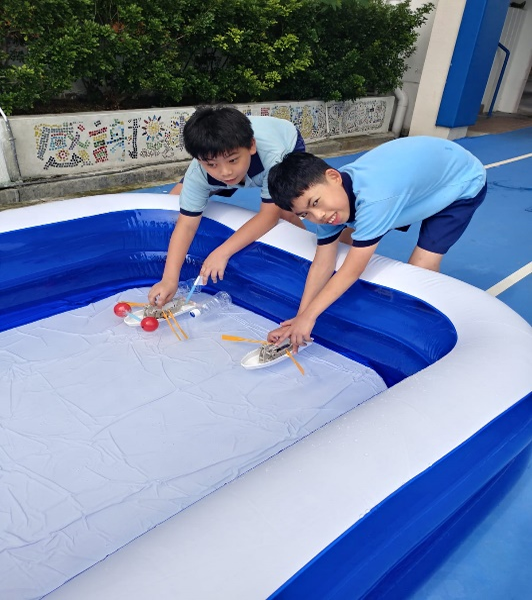
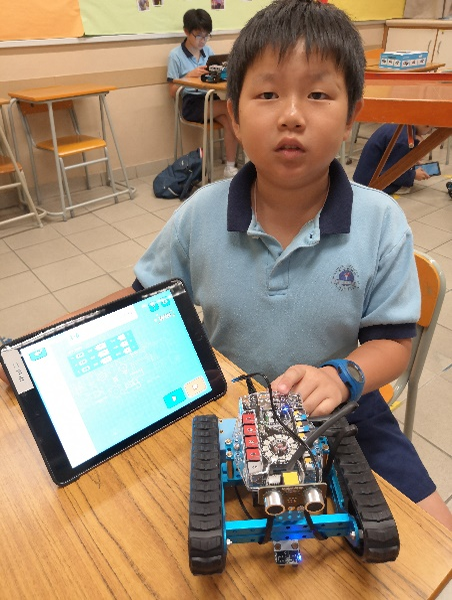
Moreover, to arouse students’ interest in learning STEM, our IT classes promotes the ‘STEM Maker Programme’ which emphasizes ‘learning by doing’. We provide opportunities for students to discover the problems and let them solve the problems through ‘learning by doing’. In Physical education and Arts lessons, our school provides a Lego Robotics Programme for students to try using different sensors and motors. Students can learn coding graphically which can enhance students’ computational thinking and problem-solving skills.
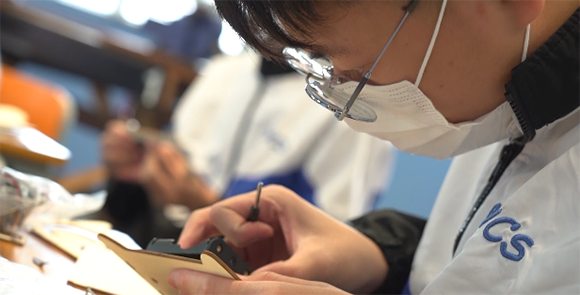
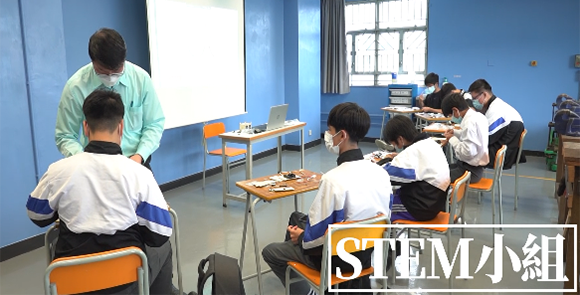
2. School-based Personal Socialization Curriculum
As early as 1999, the association took the lead in developing personal and social development courses through the successful application of the Quality Education Fund. To train students' multi-angle thinking and analysis ability with a forward-looking vision, learning to solve problems, and training them to be both reasonable and rational people. The development of our curriculum has also kept pace with the times. In addition to introducing student self-assessment and in addition to developing updated teaching materials, we also try to cooperate with different social welfare organizations, through equal sharing and contact, life-affecting life and real experience activities, thinking and learning how to achieve a better self.
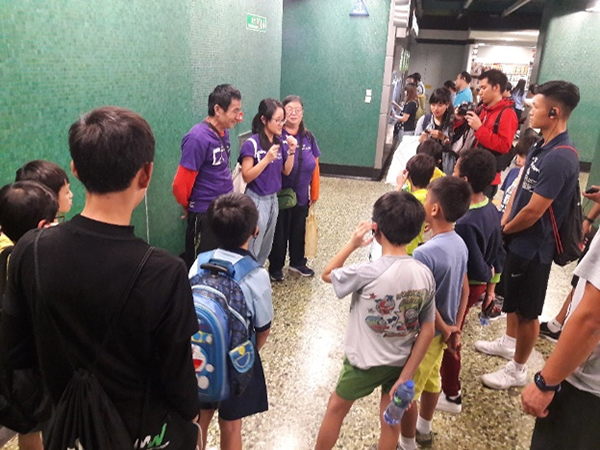
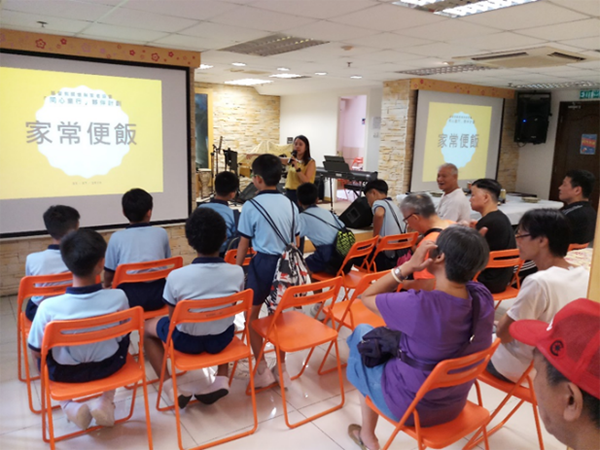
3. Life education course “Know Your Life, Cherish Your Life”
Sponsored by Quality Education Fund (QEF) in 2016, our secondary section edited a school-based life education course “Know Your Life, Cherish Your Life” for the Personal, Social and Humanities Subject, which creates interaction opportunities for students to discuss and reflect authentic or simulated authentic social issues. Students are thus guided to do systematic analysis from multiple aspects, build up positive values and make appropriate judgments and decisions in future life.
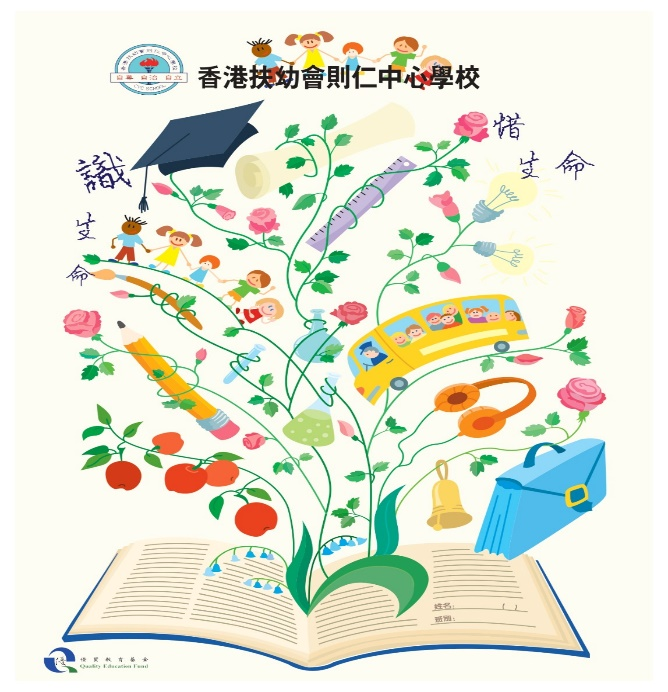
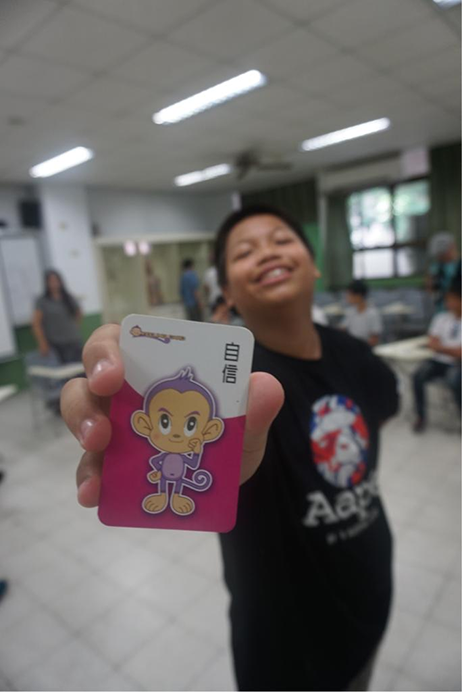
4. Theme Week
Based on cross-curricular learning, students are divided into different learning groups in Theme Week. Students are active learners who can decide on their own learning targets and teachers are the facilitators who give advice if needed. Students have to go through ‘Discussion’, ‘Planning’, ‘Implementation’ and ‘Evaluation’ cycle and display their learning outcomes. These learning activities help promote students’ abilities in communication, cooperation and problem-solving.
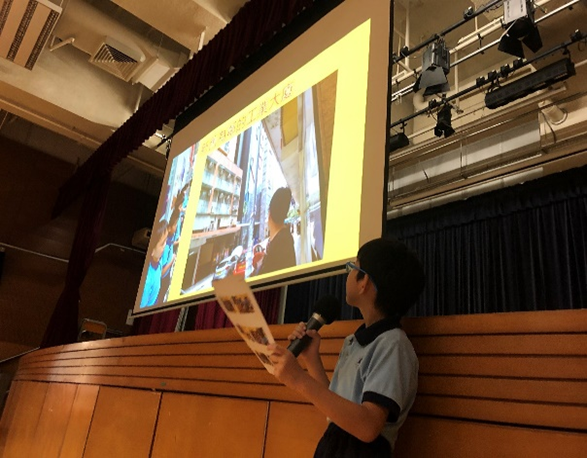
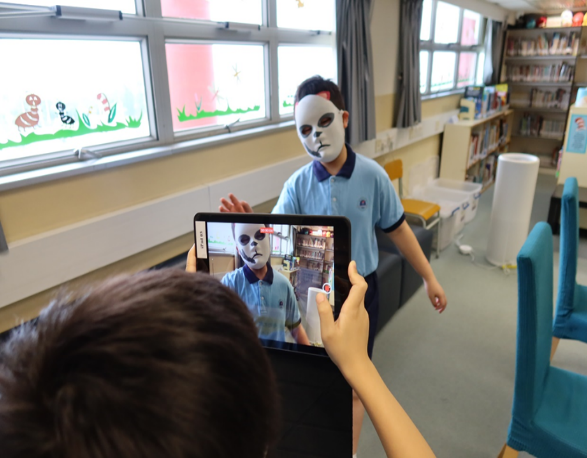
5. Career & Life Development
Career Planning Education aims to develop students’ self- understanding, as well as skills of setting and reflecting personal goals and plans. Career and further education information will also be disseminated to enable students to make wiser choices. Based on the action plan of CLAP@JC Hong Kong Benchmark For Career & Life Development (HKBM) (BM7 Linking Curriculum Learning to Career and Life Development, BM8 Meaningful Encounters with the Workplace and BM10 Parent Engagement and Support), we list “optimizing Career and Life Development” as one of the major concerns and implement a series of measures, including life planning lessons in Personal, Social and Humanities Subject, VASK group activities, running Café 47@CYCS, Business-School Partnership Program, parents workshop, individual counseling, career visits and seminars, interview workshops, career and life development portfolios, and subject-based career elements, etc., to facilitate students self-understanding, goal setting, and action taking.
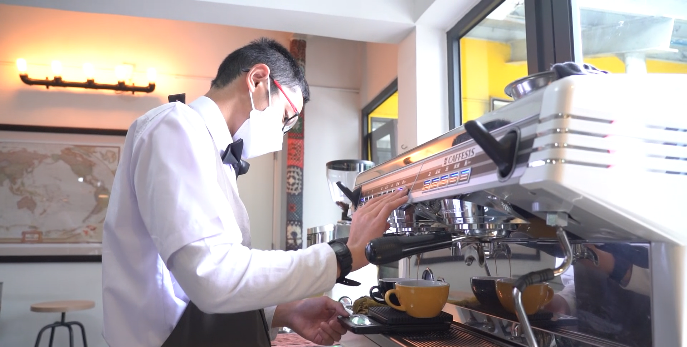
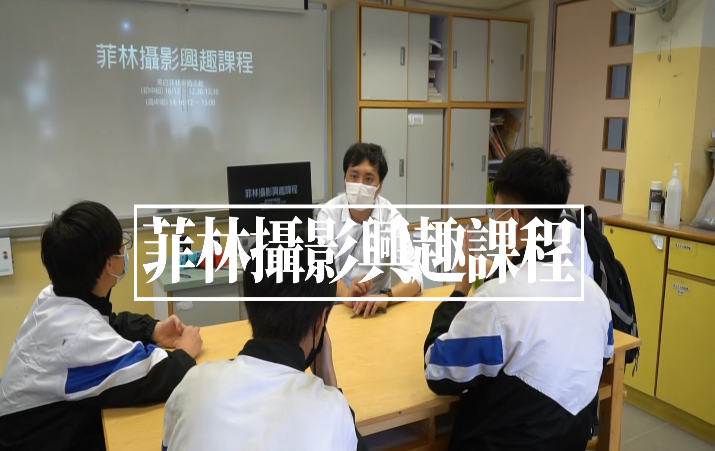
6. Chinese learning plan for Non-Chinese Students
Our school provides learning plans and a school-based Chinese curriculum for Non-Chinese students, aiming to enlarge their Chinese vocabulary, improve their reading and writing ability, and increase their confidence in using Chinese in daily life. To cater the learning needs of Non-Chinese students, we arrange pull-out groups, individual education plan (IEP) and after-school tutorials for them. We not only design learning materials for affective and positive moral values cultivation, but also organize various integration activities to enrich students’ knowledge about the Chinese culture and literature, encourage the interaction between local and Non-Chinese students, and prepare them for social integration after leaving school.
